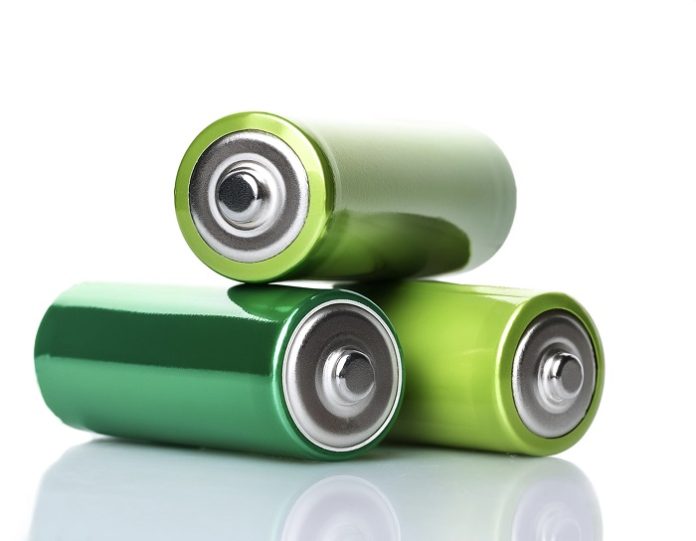Sodium-ion batteries (SIBs) offer a significant opportunity for India to build a self-sustained energy storage ecosystem.
India has abundant raw materials essential for SIB production, positioning the country favorably when compared to lithium-ion batteries (LIBs).
A new report developed under a bilateral programme between the Governments of the United Kingdom and India highlights the advantage.
The ASPIRE Programme and Its Role
The report is part of the ASPIRE programme, a UK FCDO-supported bilateral initiative.
The ASPIRE program, in partnership with the Ministry of Power and the Ministry of New and Renewable Energy, fosters sustainable energy adoption, with KPMG serving as the lead implementation advisor.
Abundance of Raw Materials for SIB Production
India’s resources make SIB production a viable option for the country.
The report highlights that India is the third-largest producer of sodium chloride (salt), contributing 10% to global salt production, amounting to 26.5 million tonnes in 2021.
In addition to abundant salt reserves, India has substantial production capacities for other critical SIB minerals, such as iron ore, manganese ore, phosphates, and sulfur.
These resources, coupled with a reduced reliance on critical minerals like cobalt, make SIBs a competitive and accessible option for energy storage in India.
India’s Energy Storage Needs
The report emphasizes the growing need for energy storage in India.
India will need 41.7 GW/208 GWh of Battery Energy Storage Systems (BESS) by 2030 to meet its 500 GW renewable energy target, according to the Central Electricity Authority (CEA).
Given the increasing demand for energy storage solutions, SIBs could play a pivotal role in fulfilling India’s energy storage requirements.
SIBs as a Competitive Alternative to LIBs
Sodium-ion batteries are ideal for grid-scale storage due to their similar lifespan, better safety, and lower cost compared to lithium-ion batteries.
SIBs can efficiently support grid functions in India, such as capacity, deferring upgrades, and relieving transmission congestion.
Additionally, they can be deployed for daily energy arbitrage and renewable energy firming, both on a daily and seasonal basis.
Benefits of SIB Manufacturing
One of the key advantages of SIBs is that their manufacturing process closely mirrors that of lithium-ion batteries.
This similarity allows existing LIB production lines to be adapted for SIB manufacturing, which lowers the initial investment needed to scale up production.
Moreover, the cost of SIBs is expected to decline steadily over the next decade due to technological advancements and economies of scale.
The report predicts that by 2030, the cost of SIBs will be 15-20% lower than that of LIBs, making them even more competitive for various applications.
Policy Recommendations to Drive SIB Uptake
To facilitate the adoption of SIBs, the report recommends that they be incorporated into India’s policy framework.
Existing government initiatives that support the storage sector include round-the-clock (RTC) renewable energy tenders, firm and dispatchable renewable energy (FDRE) tenders, the production-linked incentive (PLI) scheme for advanced chemistry cell (ACC) battery storage, and the inclusion of Energy Storage Obligations (ESO) under Renewable Purchase Obligations (RPO).
The government also offers viability gap funding (VGF) for storage projects, which could further support SIB deployment.
Strengthening India-UK Collaboration
The report outlines several potential avenues for collaboration between the Indian and UK governments to promote SIB research and manufacturing.
Joint research partnerships, business-to-business collaborations, scaling up manufacturing capabilities, and the exchange of policy and regulatory best practices are some of the ways in which both countries could work together to accelerate the development of SIB technology.
Industry Players in the SIB Sector
The UK is home to leading companies in the SIB sector, including AMTE Power and LiNa Energy.
Meanwhile, India has also seen the emergence of companies involved in the SIB sector, such as Indi Energy, KPIT Technologies, Sodion Energy, Cygni Energy, and Uneverse.
As reported by pv-magazine-india.com, these companies are paving the way for India’s growth in the sodium-ion battery market.
































